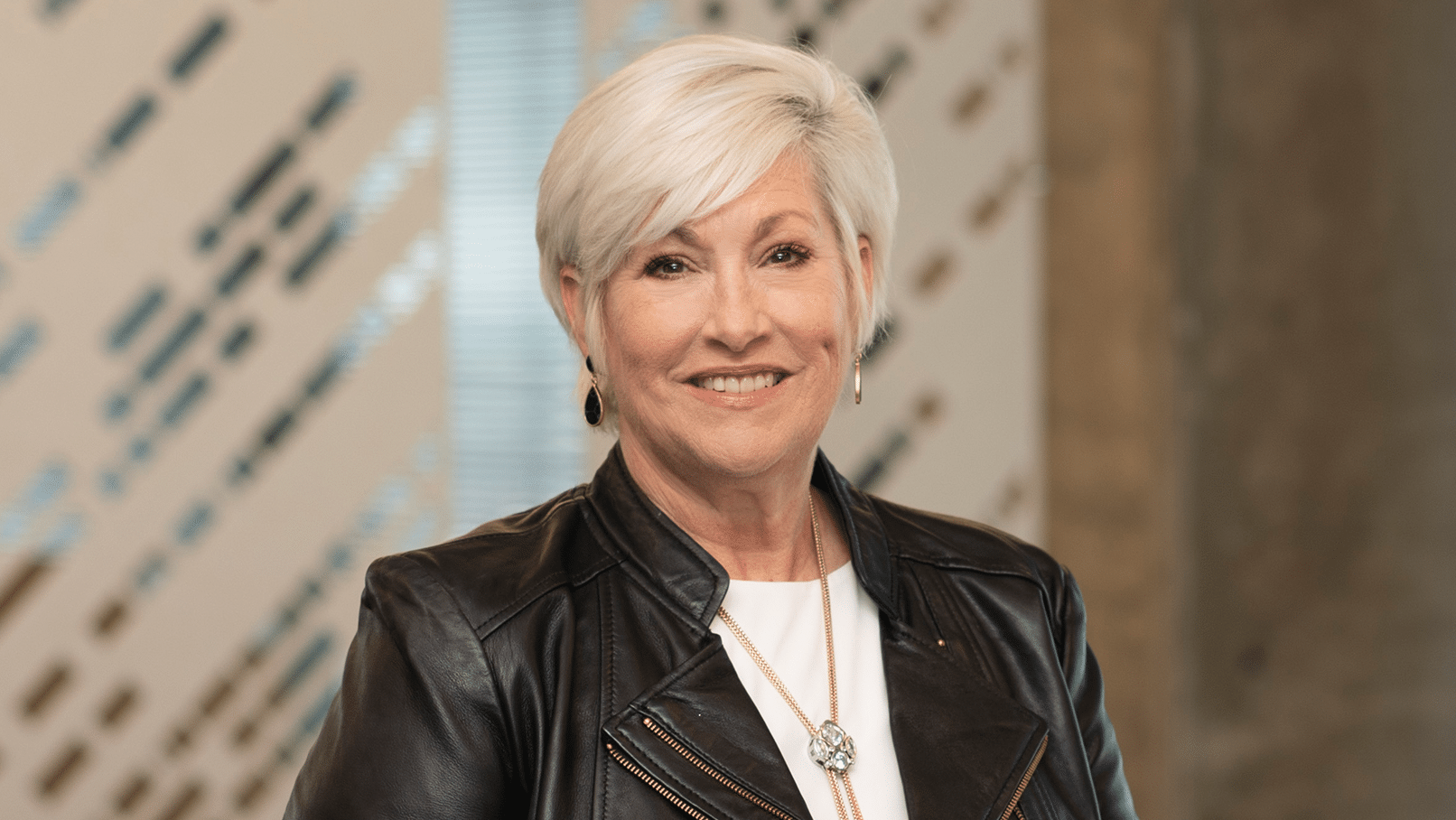Colonel Susan Meyers: Exploring The Enduring Role Of A Military Leader
Have you ever wondered what it truly means to be a colonel in the military? It's a position that carries a great deal of responsibility, and it's also a rank that many people aspire to reach. We often hear about leaders like Colonel Susan Meyers, and it's natural to be curious about the path they take and the impact they make. This particular article will look at the important role a colonel plays, drawing on what we know about this significant military rank.
Understanding the duties of a colonel helps us appreciate the dedication required for such a career. It's a role that demands exceptional skill and a deep commitment to service. In a way, someone like Colonel Susan Meyers embodies the very essence of military leadership, guiding troops and making crucial decisions that affect many lives.
So, we will explore the nuances of this high-ranking position. It’s a bit like looking at the top of a very tall mountain; you know there was a long climb to get there. We will discuss what a colonel does, how they contribute to the armed forces, and what qualities are typically seen in individuals who achieve this notable rank.
- The Lemont Restaurant Pittsburgh
- 70 Cast
- What Is Ozempic Face Before And After
- Bogo Wings Thursday
- Millbutn Deli
Table of Contents
- Who is Colonel Susan Meyers? An Illustrative Profile
- The Meaning of the Colonel Rank
- A Stepping Stone to General Officer Ranks
- The Function and Authority of a Colonel
- Qualities of a Distinguished Colonel
- Frequently Asked Questions About Colonels
- The Enduring Legacy of Leadership
Who is Colonel Susan Meyers? An Illustrative Profile
While specific details about a real "Colonel Susan Meyers" are not widely available, we can certainly imagine a person of this stature. For our discussion, let's consider Colonel Susan Meyers as a representative figure, someone who truly exemplifies the high standards and dedication of a military colonel. She might be someone who has served for many years, showing great commitment and a strong sense of purpose throughout her career. It's like, she stands for all those dedicated officers.
This hypothetical Colonel Susan Meyers would be a leader who has risen through the ranks, demonstrating exceptional skills and a clear vision. Her journey would reflect the rigorous training and continuous learning that military officers go through. We can think of her as a model for future leaders, someone who has inspired many.
Her story, if it were fully known, would probably highlight moments of significant challenge and great triumph. It would show how she navigated complex situations and made tough choices, always with the well-being of her team and the mission in mind. That, is that, a true mark of a military leader.
- Buservice Greyhound
- Dodgercore Today
- La Catrina Mexican Grill
- Cinema West Hartford
- Moody Blues Question Lyrics
Personal Details and Bio Data of Colonel Susan Meyers (Illustrative Example)
| Detail | Description |
|---|---|
| Full Name | Colonel Susan Meyers |
| Assumed Branch | United States Army |
| Years of Service | Approximately 25 years |
| Key Command Roles | Battalion Commander, Brigade Operations Officer |
| Specializations | Logistics, Strategic Planning, Personnel Management |
| Education | United States Military Academy, Army War College |
| Notable Achievements | Spearheaded efficiency improvements in supply chains, mentored numerous junior officers, led successful deployments. |
| Awards & Decorations | Legion of Merit, Meritorious Service Medal, Army Commendation Medal |
| Impact | Known for fostering strong team cohesion and innovative problem-solving. |
The Meaning of the Colonel Rank
The term "colonel" holds a very specific meaning within the armed forces. As our reference text points out, it is "a commissioned officer in the army, air force, or marine corps ranking above a lieutenant colonel and below a brigadier general." This position is quite significant, representing a high level of experience and authority. In a way, it’s a big step up.
Historically, the "colonel of the regiment" was a title used in the British Army, distinct from the military rank itself. This ceremonial position is often given to retired officers, showing a continued connection to the unit. It’s a bit like a lifetime achievement award, in some respects.
In the United States Army, Marine Corps, and Air Force, the colonel is the most senior field grade military officer rank. This means they are often in charge of large units or important staff functions. They are, you know, key players in operations.
A Stepping Stone to General Officer Ranks
Becoming a colonel is a major achievement, but it's also seen as a crucial step towards even higher ranks. Our reference text notes that "Colonel is the final stepping stone rank before the general officer ranks." This means that individuals who reach this level are typically considered for promotion to brigadier general, the first of the general officer ranks.
Officers who show "exceptional skill and leadership" at the colonel level are often the ones chosen for these advanced promotions. It's a period where their capabilities are truly put to the test, and their potential for broader command is evaluated. They are, in fact, being watched closely for their next big move.
The path to becoming a colonel is long and demanding, requiring years of dedicated service, continuous learning, and successful performance in various roles. It’s not just about time served; it's about demonstrated ability and a proven track record. Pretty much, it's about showing what you can do.
The Function and Authority of a Colonel
The specific functions, authority, and responsibilities of a colonel can vary quite a bit depending on the branch of service and the particular assignment. For instance, a colonel might command a brigade, which is a very large unit, or they might serve in a high-level staff position at a division or corps headquarters. They have, in other words, a lot on their plate.
In the United States Army, a colonel often commands a brigade, which can consist of several thousand soldiers. This role involves overseeing all aspects of the unit's operations, training, and welfare. It requires a deep understanding of strategy, logistics, and human dynamics. It’s a really big job, you know.
Beyond direct command, colonels also fill vital staff roles, advising senior generals on policy, planning, and resource allocation. They might be involved in developing new military doctrines or managing complex international partnerships. Their expertise is, quite simply, invaluable.
The decision-making power of a colonel is substantial, impacting missions, resources, and the lives of the service members under their command. They are expected to exercise sound judgment under pressure and to lead with integrity. They have, basically, a lot of weight on their shoulders.
Qualities of a Distinguished Colonel
To reach the rank of colonel, an officer must possess a specific set of qualities that go beyond just technical skills. Leadership is, of course, paramount. This means being able to inspire trust, motivate teams, and make tough decisions when necessary. It's about guiding people, really.
Strategic thinking is another key trait. Colonels must be able to see the bigger picture, anticipate challenges, and develop long-term plans. They need to understand how their unit's actions fit into broader military objectives. They are, in fact, thinkers as much as doers.
Resilience and adaptability are also very important. Military environments are often unpredictable, and colonels must be able to adjust to changing circumstances while maintaining focus and composure. They need to be able to handle, you know, whatever comes their way.
Communication skills are essential for a colonel. They must be able to clearly convey orders, brief superiors, and communicate effectively with personnel at all levels. Building strong relationships and fostering a positive command climate depend on this. So, it's a vital part of their day-to-day.
Someone like our illustrative Colonel Susan Meyers would embody these traits, having honed them over years of service. Her ability to lead, plan, and adapt would be what set her apart and allowed her to achieve such a significant rank. She would be, apparently, a true example of military excellence.
Frequently Asked Questions About Colonels
What is the difference between a Colonel and a Lieutenant Colonel?
A colonel holds a higher rank than a lieutenant colonel. A lieutenant colonel typically commands a battalion, which is a smaller unit than a brigade. The colonel, on the other hand, is generally responsible for a larger formation, like a brigade, or holds a more senior staff position. The responsibilities and scope of authority increase significantly from lieutenant colonel to colonel. It's, you know, a step up in command.
How long does it take to become a Colonel in the US Army?
Becoming a colonel in the U.S. Army typically takes many years of dedicated service, usually around 20 to 22 years or more, after commissioning. It requires consistent high performance, successful completion of various command and staff assignments, and advanced military education. It's a rather long and competitive path, as a matter of fact.
What are the main responsibilities of a Colonel?
The main responsibilities of a colonel include commanding large military units (like brigades), serving in key staff positions at higher headquarters, developing strategic plans, managing significant resources, and ensuring the readiness and welfare of their assigned personnel. They are also often involved in mentoring junior officers and representing their branch of service in various capacities. They have, literally, a lot of different hats to wear.
The Enduring Legacy of Leadership
The role of a colonel, as exemplified by someone like Colonel Susan Meyers, is truly central to the effectiveness of any military force. These officers are the backbone of command, bridging the gap between strategic vision and tactical execution. They are, in fact, crucial to everything that happens.
Their leadership impacts not only the success of missions but also the development and well-being of the service members they lead. The qualities of a strong colonel—courage, integrity, strategic insight, and a deep sense of duty—are timeless and universally admired. It's pretty much what makes them stand out.
To learn more about military ranks and leadership on our site, you can explore various articles. Also, consider linking to this page for more insights into military career paths. The contributions of individuals like Colonel Susan Meyers help shape the future of military operations and inspire new generations of leaders.
Understanding the depth of this rank gives us a greater appreciation for the men and women who serve at this level. Their work is vital, and their dedication is something to truly admire. For more detailed information about the structure of the U.S. Army and its ranks, you can visit the official U.S. Army website.
- Rochester Civic Center
- Wonder Woman Andteve Trevor
- Return Policy Forteam
- Koa Campground Near Dollywood
- 60 Minutes What Is On Tonight

Susan Meyers (1) - Wartburg Seminary

Susan Myers — Altair Global

Susan Meyers | Louisiana Developmental Disabilities Council